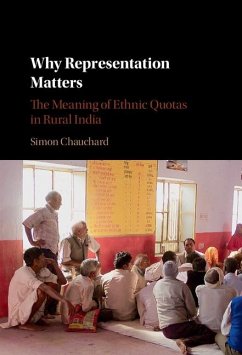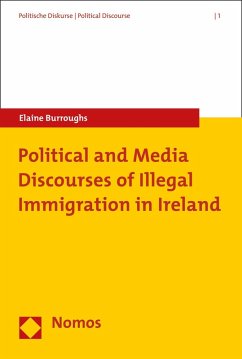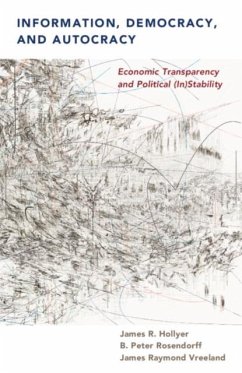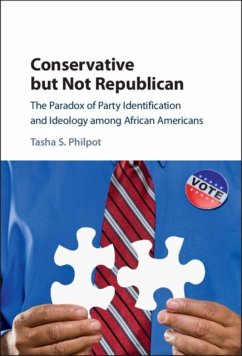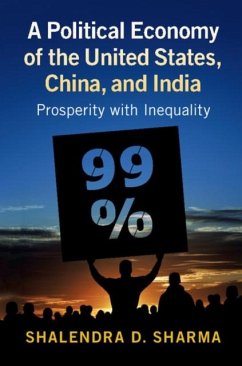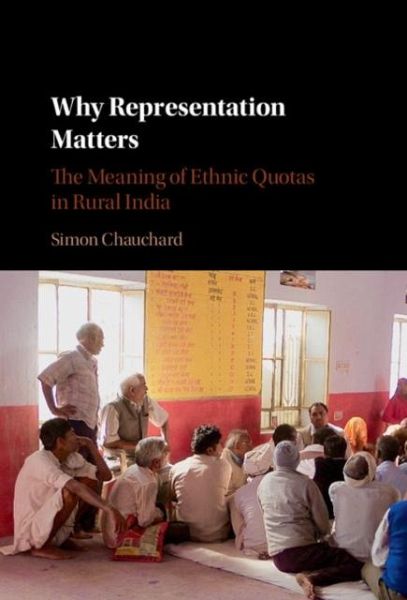
Why Representation Matters (eBook, PDF)
The Meaning of Ethnic Quotas in Rural India
Versandkostenfrei!
Sofort per Download lieferbar
21,95 €
inkl. MwSt.
Weitere Ausgaben:

PAYBACK Punkte
11 °P sammeln!
When members of groups that have long been marginalized finally gain access to political offices, it is expected that the social meaning of belonging to such a group will change and that these psychological changes will have far-reaching behavioral consequences. Supporters of political quotas granting such access often argue that they improve the nature of intergroup relations. However, these presumed psychological effects have remained surprisingly uncharted and untested. Do policies mandating the inclusion of excluded groups in political offices change the intergroup relations? If so, in wha...
When members of groups that have long been marginalized finally gain access to political offices, it is expected that the social meaning of belonging to such a group will change and that these psychological changes will have far-reaching behavioral consequences. Supporters of political quotas granting such access often argue that they improve the nature of intergroup relations. However, these presumed psychological effects have remained surprisingly uncharted and untested. Do policies mandating the inclusion of excluded groups in political offices change the intergroup relations? If so, in what ways? By drawing on careful multi-method explorations of a single case - local-level electoral quotas for members of formerly 'untouchable' castes in India - this book provides nuanced, thorough and ultimately optimistic responses to these questions.
Dieser Download kann aus rechtlichen Gründen nur mit Rechnungsadresse in A, B, BG, CY, CZ, D, DK, EW, E, FIN, F, GR, HR, H, IRL, I, LT, L, LR, M, NL, PL, P, R, S, SLO, SK ausgeliefert werden.





